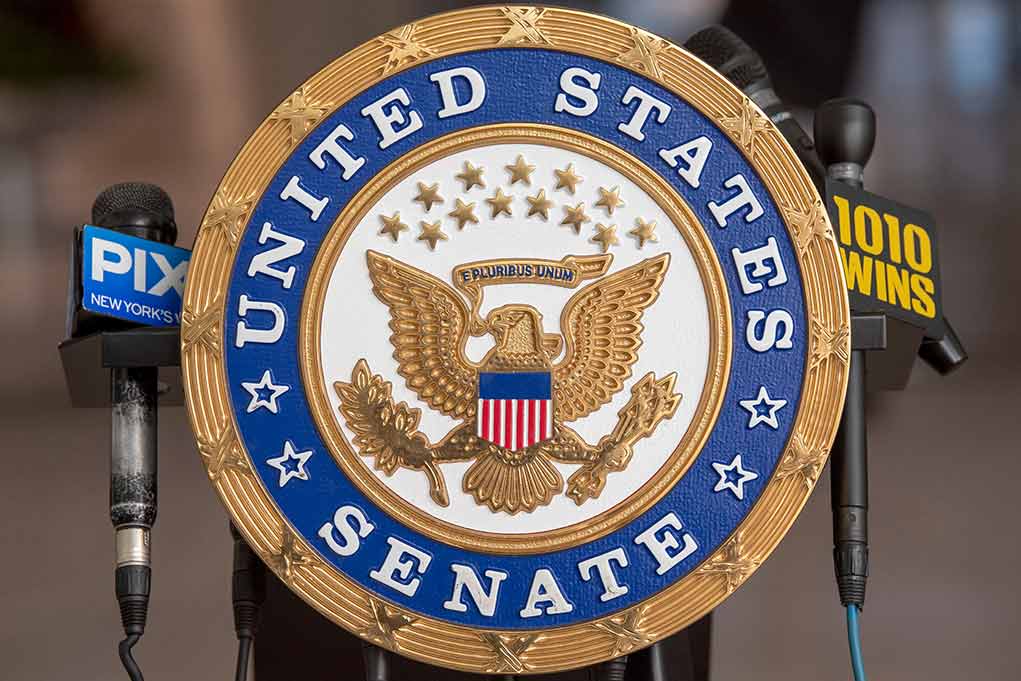
The Senate’s approval of the HALT Fentanyl Act marks a significant attempt to curb fentanyl trafficking, but details of its implications reveal a deeper narrative.
Key Takeaways
- The Senate passed the HALT Fentanyl Act with an 84-16 vote, receiving bipartisan support.
- The bill targets fentanyl analogues, equating them with fentanyl under Schedule I controlled substances.
- All 16 opposing votes came from Democrats raising concerns over severe sentencing.
- Backed by the Trump administration, it aims to fortify law enforcement in combating the crisis.
- Law enforcement groups like the National Fraternal Order of Police support the bill.
Senate’s Bipartisan Vote
The Senate passed the HALT Fentanyl Act with an overwhelming majority of 84-16, demonstrating strong bipartisan backing. This legislation addresses the growing epidemic by focusing on fentanyl analogues and imposing equivalent penalties on traffickers. The bill, endorsed by the Trump administration, seeks to enhance law enforcement capabilities, a crucial step in tackling the crisis affecting Americans nationwide. However, the bill sparked dissent among some Democrats who oppose stringent sentencing guidelines.
Addressing the crisis’s severe toll, the bill authorizes treating fentanyl analogs as fentanyl, classifying them as Schedule I controlled substances. Senator Chuck Grassley underscored the legislation’s life-saving potential, saying, ‘Oh, it’s not fentanyl. You can’t bust me because it’s not actually fentanyl.’ No, it still addicts like fentanyl. It still kills like fentanyl, and it is substantially fentanyl. So, therefore, it shall be treated by law enforcement as if it is fentanyl.” The support from law enforcement groups like the National Fraternal Order of Police underscores the bill’s significance.
Controversies and Concerns
All 16 opposing votes in the Senate came from Democratic members, highlighting the political divide over the bill’s sentencing guidelines. Critics raise concerns about potential mass incarceration stemming from the bill’s severe penalties. They argue that the mandatory minimum sentences could disproportionately impact communities of color.
The bill’s bipartisan support reflects a shared urgency to tackle the fentanyl crisis, which has claimed numerous American lives. Yet, Democrats caution that harsher penalties may not address the root of the drug epidemic.
Future Legislative Path
Having passed in the Senate, the bill’s next hurdle is gaining approval in the House, where similar measures have already found favor. Senators Bill Cassidy, Chuck Grassley, and Martin Heinrich, who introduced this legislation, stress its importance for bolstering research and closing legal loopholes currently exploited by traffickers.
The fentanyl crisis remains a formidable challenge, with over 107,000 overdose deaths in 2023, 70% related to fentanyl. Additional legislative measures, including strategies to enhance border security, are vital to comprehensively address the epidemic.
Sources
1. Senate Overwhelmingly Passes Fentanyl Trafficking Bill: ‘Critical Step Toward Ending The Crisis’




